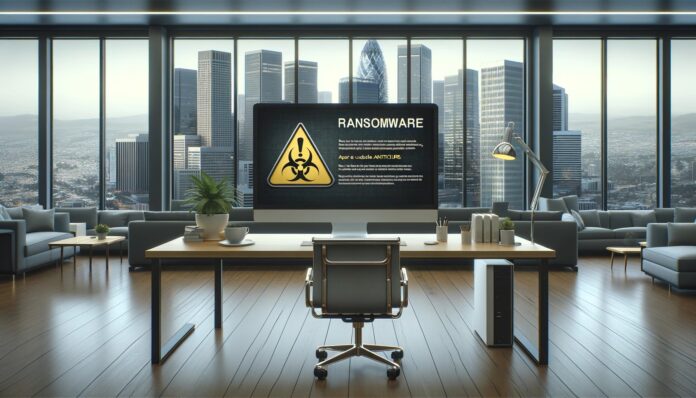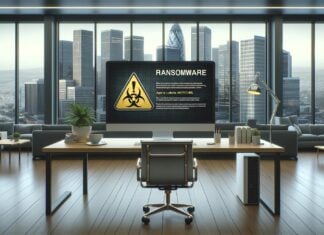
Akira Targets Cipla Pharma with Major Data Theft: 70GB of Sensitive Information Stolen
Cipla, one of India’s leading pharmaceutical giants, has fallen victim to a devastating ransomware attack by a group known as Akira. The cyberattack resulted in the theft of a staggering 70GB of sensitive data, causing significant disruption to the company’s operations. Cipla operates over 47 manufacturing facilities across 86 countries, and this attack has partially crippled its ability to maintain seamless production and distribution.
Reports suggest that the stolen data includes critical internal records such as financial documents, customer contact information, and employee details. Additionally, Akira ransomware claims to have accessed medical records, including patient histories and prescribed medications. However, an anonymous source close to the company has denied these claims, stating that Cipla does not store such sensitive patient information, casting doubt on the veracity of Akira’s statements.
Despite the confusion surrounding the exact nature of the stolen data, Cipla has confirmed that it is working diligently with cybersecurity experts to mitigate the impact of the attack and strengthen its defenses against future threats. As of now, the pharmaceutical company is focused on restoring its systems and ensuring that its supply chain remains unaffected.
Romania’s Electrica Group Hit by Ransomware Attack
Electrica Group, the company responsible for managing Romania’s electricity distribution, has become the latest victim of a sophisticated ransomware attack. The company confirmed that the attack compromised its SCADA (Supervisory Control and Data Acquisition) systems, which are crucial to its IT infrastructure and the broader national energy grid. To limit the damage, Electrica isolated these systems, effectively containing the spread of the malware.
The attack appears to be part of a larger, more coordinated cyber campaign aimed at disrupting Romania’s critical infrastructure. In a statement, Electrica assured the public that it was collaborating with forensic experts to investigate the full scope of the breach. Although the company has not yet identified the group responsible for the attack, it has acknowledged the seriousness of the situation and promised to provide more details as the investigation progresses.
Given the nature of the attack, concerns have been raised about potential risks to national security. As a key player in Romania’s energy distribution network, any compromise of Electrica’s systems could have far-reaching consequences, potentially affecting millions of households and businesses across the country.
On December 11th,2024 Lynx Ransomware group claimed to have targeted Electrica’s sensitive servers.
Black Basta Ransomware Group Employs Sophisticated Social Engineering Tactics
The notorious Black Basta ransomware group has escalated its cybercrime activities, launching a series of highly sophisticated social engineering attacks. According to a recent report from cybersecurity firm Rapid7, the group has been utilizing a combination of Zbot and Dark Gate malware to launch email bombing campaigns targeting organizations worldwide.
In these attacks, the group floods victims with a high volume of emails, often containing malicious attachments or links. Once the victim interacts with the email, they are contacted by a hacker impersonating a Microsoft Teams support representative. The goal is to trick the victim into divulging their credentials, which the attacker can then use to infiltrate the network and deploy ransomware.
The success of these attacks relies heavily on the hacker’s ability to manipulate the victim into engaging with the phishing attempts. Social engineering remains a powerful tool for cybercriminals, and Black Basta’s use of these tactics underscores the increasing complexity of modern cyber threats. Experts warn that heightened awareness and vigilance are essential for preventing these types of attacks, particularly within organizations that rely heavily on digital communications.
Artivion Faces Cyber Attack on Cardiac Equipment Manufacturing Systems
Artivion, a prominent manufacturer of cardiac equipment—including heart valves, stents, and prosthetics—has been hit by a ransomware attack that took place in November 2024. The company disclosed the incident in an SEC filing, revealing that its systems had been compromised by cybercriminals. The breach is believed to have disrupted some of Artivion’s operations, though details about the specific nature of the attack and the data compromised have yet to be fully disclosed.
Given the nature of Artivion’s business, which involves the production of critical healthcare devices, this attack raises serious concerns about the security of medical manufacturing companies. Cybercriminals are increasingly targeting healthcare providers and suppliers, knowing that they are more likely to pay a ransom due to the sensitive nature of their work. Any data breach could expose patient or corporate information, leading to significant financial losses and reputational damage.
The healthcare sector remains a prime target for ransomware groups due to the high value of the data and the urgency surrounding the protection of patient health and safety. Artivion’s response to the incident, including any efforts to mitigate the risks, will likely be under intense scrutiny, as it could set a precedent for how similar companies handle such cyber threats in the future.
Conclusion: A Growing Cybersecurity Threat in Critical Sectors
These recent incidents highlight the growing threat of ransomware attacks across various sectors, particularly in industries critical to public health, energy, and global supply chains. As cybercriminals become more sophisticated in their tactics, the need for robust cybersecurity measures has never been more urgent. Companies in high-risk industries must prioritize security, invest in advanced threat detection systems, and continuously train employees to recognize and respond to cyber threats.
In the face of these evolving threats, collaboration between private organizations, government agencies, and cybersecurity experts will be crucial to safeguarding sensitive data and ensuring the integrity of critical infrastructure worldwide.


















